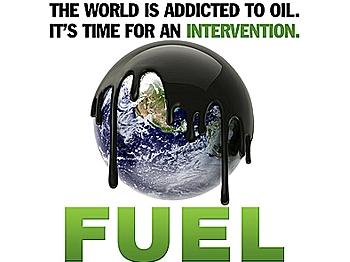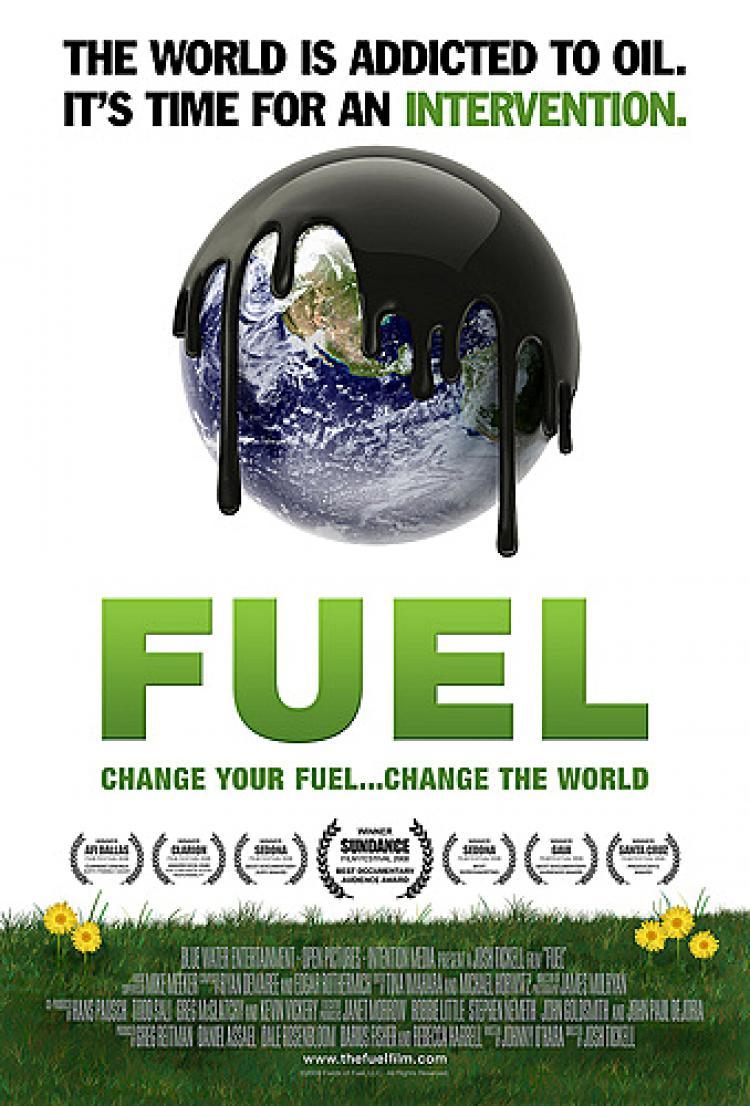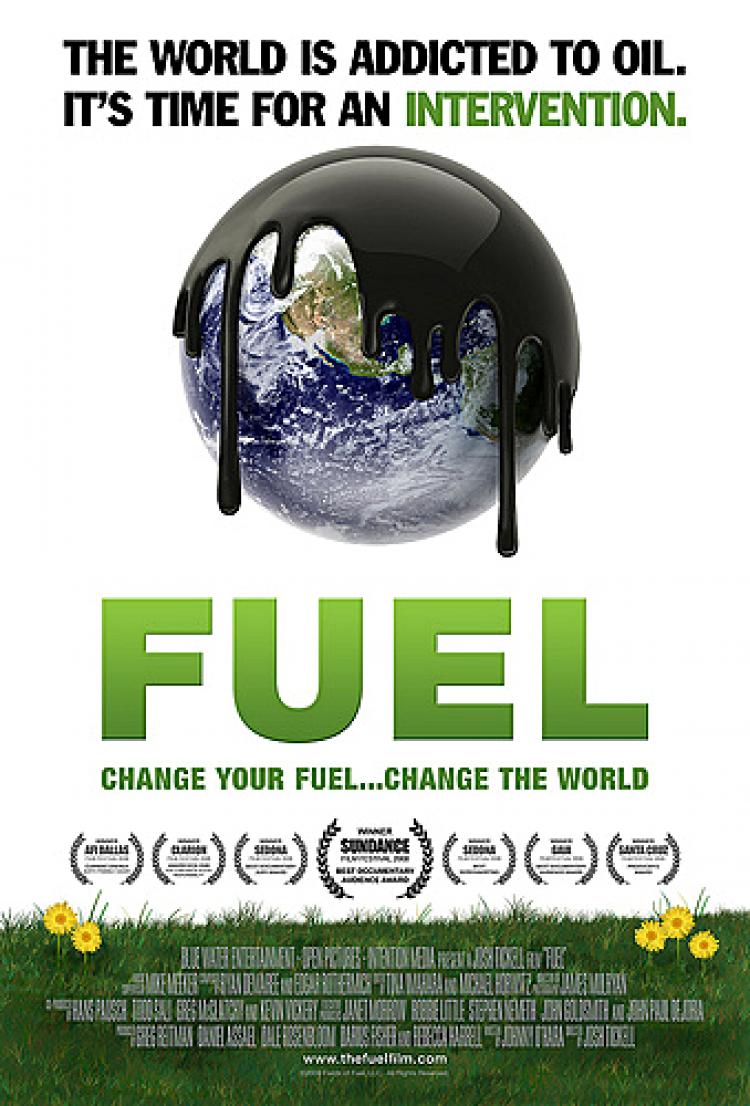The film, an 11-year project, “is as much a journey as it is a movie,” says Tickell, of his laboring, which includes “investigating, research, and travel.”
The ultimately uplifting and honest personal journey describes the historical, political, environmental, and social ramifications of the present fuel crisis we now face as individuals, a nation, and a planet.
It is “a social shift, a global shift, a shift away from dogma, and mythology and untruths to connection and a truly global conversation,” poses the fair-haired, lean, and easy-mannered Tickell.
The film elaborates on the issues with alarming statistics and facts, like our involvement in an expensive war in Iraq for oil, the massive oil spill in Louisiana during Hurricane Katrina, and the health dangers to the populations living in close proximity to oil refineries that report a huge rise in cancer, fertility problems, miscarriages, and birth defects.
With appearances by experts and celebrity activists including Bobby Kennedy, Sheryl Crow, and Willy Nelson, the documentary explores the various options of alternative fuels including biodiesel (made from any type of vegetable oil including used oil from fast food restaurants); biomass (forestry and agricultural products as well as biodegradable industrial and municipal waste); ethanol (alcohol made through the fermentation of sugars found in starches like corn and potatoes); and methane (made from digestion or degradation of organic material).
[caption id=“attachment_82588” align=“alignright” width=“320” caption="Josh Tickell crossed the country using biodiesel






